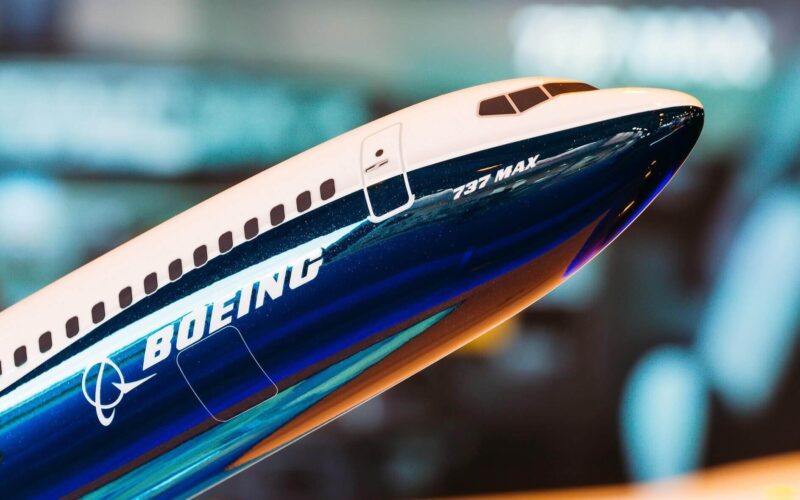Six and a half months after the Boeing 737 MAX was globally grounded due to safety concerns following two crashes, both the manufacturer and the civil aviation authority, which had given the green light for MAX to enter service, remain under fire. The new accusation alleges that Boeing’s management rejected MAX safety improvements three times because of the costs, according to a new whistleblower’s account reported by the media.
The Boeing 737 MAX system improvements were rejected by the company’s management because of the costs, quoting a whistleblowers report the Seattle Times reported on October 2, 2019. Safety improvements to the MAX were presented to the company’s management in 2014, but were rejected three times because of “cost and potential (pilot) training impact,” the Seattle Times writes. The publication also suggests that “one of the proposed systems could have potentially prevented the crashes in Indonesia and Ethiopia that killed 346 people”.
On September 26, 2019, the U.S. National Transportation Safety Board (NTSB), the investigative agency responsible for civil transportation accident investigation, published a non-final 13-page report based on observations on the ongoing investigations into Lion Air and Ethiopian Airlines crashes. The report criticizes the certification of the 737 MAX by Boeing and the Federal Aviation Administration (FAA) for misjudging the reaction of pilots in case of malfunction of the MCAS system.
The NTSB, which is participating in both crash investigations, provides seven recommendations that target not only the Boeing 737 MAX but also the way other aircraft were certified by the FAA.
Under-qualified staff is a recurring topic in the 737 MAX context and so is the alleged desire to keep MAX pilot training at the minimum. Previously, Boeing was accused of outsourcing some of the 737 MAX software development works to contractors in a push to save on costs.
Also, as the manufacturer marketed the MAX as almost identical to the NG, questions are raised whether pilot training has not been over-simplified so that the 737 MAX would have appealing benefit of reduced pilot training costs. Allegedly, pilots who already were licensed to fly the Boeing 737 NG were given iPads to complete a one-hour theoretical lecture on how to fly the MAX.
On September 24, 2019, the U.S. Office of Special Counsel (OSC) allerted United States officials (the President and Congress) of its findings that support allegations disclosed by a whistleblower. The OSC said the FAAsafety inspectors, including those who had been working with the Boeing 737 MAX, were “not sufficiently trained to certify pilots”.
More on the topic:
The investigative agency found that 16 out of 22 safety inspectors had not completed formal training, 11 of which did not have a basic position requirement ‒ Certified Flight Instructor (CFI) certificates. Some of the undertrained inspectors had been working at the Seattle Aircraft Evaluation Group and at least some were assigned to the 737 MAX.
On September 29, 2019, the New York Times reported that the MCAS system, blamed for the 737 MAX crashes, was initially developed for the KC-46 Pegasus, but the version on the 737 MAX lacked “key safeguards” found on the military tanker.

